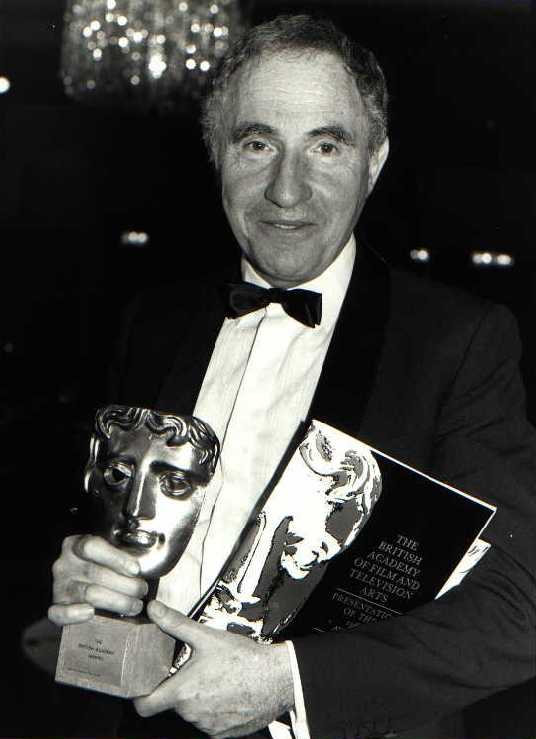Sir Nigel Hawthorne (Nigel Hawthorne)

Actor. He is best known to American audiences for his role as Sir Humphrey Appleby in the British television comedy series “Yes Minister” and its follow-up companion sequel “Yes Prime Minister.” Born in the West Midlands of England, he was raised in South Africa before returning home to the United Kingdom in early 1950 to study acting. He began his professional acting career working on the British stage, debuting in the theater production of “The Shop at Sly Corner” in April 1950, followed by his London theater debut in “You Can’t Take It With You” the following year. He remained active in the theater over the next five decades, appearing in such stage classics as “King Lear,” “The Taming of the Shrew,” “Henry IV,” “Macbeth,” “Julius Caesar,” “As You Like it,” and Bernard Shaw’s “The Millionairess” among others. He made his motion picture debut in “Young Winston” in 1972. In 1995 he was nominated for an Academy Award for Best Actor for his performance as King George III, in the motion picture “The Madness of King George.” He was the recipient of several notable acting awards, including the British Academy of Film and Television Arts Awards (BAFTA), for his performances in “The Fragile Heart” in 1996, “Yes Minister” in 1982 and 1983, “Yes Prime Minister” in 1987 and 1988, a Broadcasting Press Guild Award for “Yes Minister” in 1981, and an Empire Award for the “Madness of King George” in 1996. He was also recognized for his work on the stage, winning a Tony Award for Best Actor in 1991 for the play “Shadowlands,” and a Laurence Oliver Theatre Award for his role in the stage production of the “Madness of King George” in 1992. In 1987 he was appointed the title as Commander of the Order of the British Empire (CBE) by Queen Elizabeth II, followed by a British knighthood in 1999. His notable film and television credits include: “S*P*Y*S” (1974), “The Hiding Place” (1975), “Watership Down” (1978), “Gandhi” (1982), “Firefox” (1982), “The Chain” (1985), “Turtle Diary” (1985), “King of the Wind” (1989), “Demolition Man” (1993), “Murder in Mind” (1997), “Amistad” (1997), “Madeline” (1998) “Canterbury” (1999), “The Winslow Boy” (1999), “The Big Brass Ring” (1999), “A Clandestine Marriage” (1999), “A Reasonable Man” (1999), “The Last Polar Bears” (2000) and “Call Me Claus” in 2001. Diagnosed with pancreatic cancer in March 1999, he died from a heart attack at his home in Central England. (bio by: Nils M. Solsvik Jr.) Cause of death: Heart attack
Born
- April, 05, 1929
- England
Died
- December, 12, 2001
- England
Cause of Death
- Heart attack
Cemetery
- Thundridge, St Mary Churchyard
- Hertfordshire
- England

